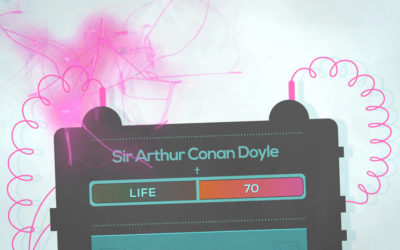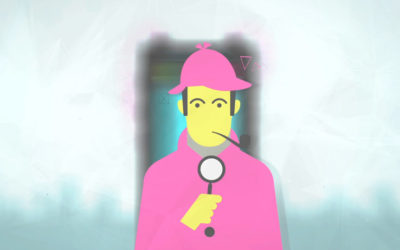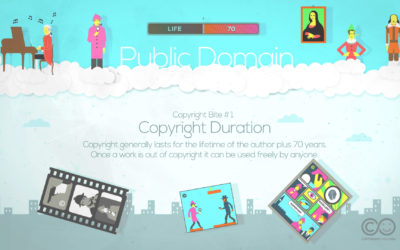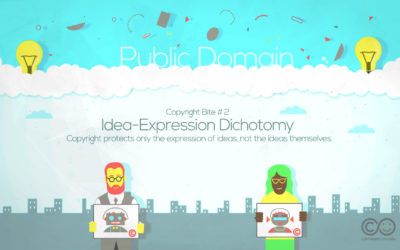Copyright Bite #1.4
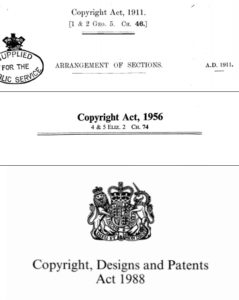 The death and resurrection of Holmes has a curious parallel in relation to copyright duration. Although the duration of copyright in most authorial works is life plus 70 years this was not always the case. For instance, when Conan Doyle published the first of his Sherlock Holmes stories, A Scandal in Bohemia (June 1891), the term of protection for literary works was the life of the author plus 7 years (not 70 years!) or 42 years after first publication whichever term was longer. When the 1911 Copyright Act was passed, the copyright in Doyle’s work was extended to life plus 50 years, a term of protection that became standard in the 1956 and 1988 Copyright Acts that followed. But then, in 1995, this was extended once again to life plus 70 years. What this means, however, is that there was a period of time when copyright in Doyle’s work had expired, only to be revived once more … just like Holmes himself.
The death and resurrection of Holmes has a curious parallel in relation to copyright duration. Although the duration of copyright in most authorial works is life plus 70 years this was not always the case. For instance, when Conan Doyle published the first of his Sherlock Holmes stories, A Scandal in Bohemia (June 1891), the term of protection for literary works was the life of the author plus 7 years (not 70 years!) or 42 years after first publication whichever term was longer. When the 1911 Copyright Act was passed, the copyright in Doyle’s work was extended to life plus 50 years, a term of protection that became standard in the 1956 and 1988 Copyright Acts that followed. But then, in 1995, this was extended once again to life plus 70 years. What this means, however, is that there was a period of time when copyright in Doyle’s work had expired, only to be revived once more … just like Holmes himself.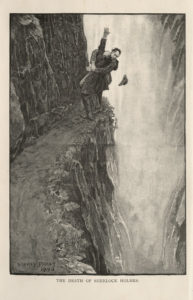
More from Bite #1
Copyright Bite #1.1
Copyright does not last forever. In the UK, and across Europe, copyright in books, plays, music, works of art and films comes to an end 70 years after the author’s death.
Copyright Bite #1.2
Knowing that copyright generally lasts for the lifetime of the author plus 70 years is a useful rule of thumb, although this rule does not apply to all types of copyright work.
Copyright Bite #1.3
The man in pink is, of course, the inimitable Sherlock Holmes. Even before Holmes was released from the time capsule, you probably knew it was him.
Copyright Bite #1.5
Once an author’s body of work enters the public domain it is free to be re-used by anyone.
Copyright Bite #1.6
When most people discuss copyright in a work coming to an end, they talk about the work falling into the public domain. The metaphor of ‘the fall’ carries a number of – mostly negative – connotations.
More Copyright Bites
Copyright Bite #1
Copyright Bite #1 considers how long copyright lasts and what it means to say that a work is protected by copyright or in the public domain.
Copyright Bite #2
Copyright Bite #2 explores how copyright protects only the expression of ideas and not ideas themselves.
Copyright Bite #3
Copyright Bite #3 considers how you can lawfully make use of, or borrow from, works that are still in copyright, but without having to ask for permission or make payment to the copyright owner.
Copyright Bites Credits
Copyright Bites: Credits and Acknowledgements

